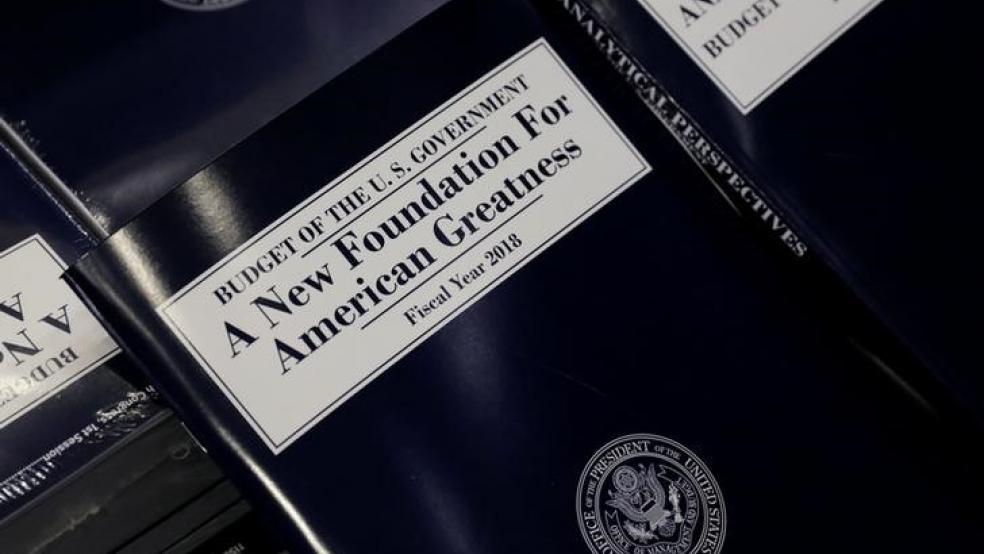Discord among congressional Republicans is threatening to scuttle the entire annual budget process as GOP leaders seem unable to deliver a fiscal blueprint that far-right conservatives can support.
On Monday, Senate Budget Committee chair Mike Enzi (WY) announced his panel would postpone action on a fiscal year 2017 spending resolution, the latest sign of confusion among Capitol Hill Republicans that increases the chances the process will be scrapped all together.
Related: Paul Ryan’s Three Perilous Paths to a Budget Deal
“The Senate Budget Committee will continue to discuss the budget as well as improvements to the budget process that would increase fiscal honesty, stability in government operations and the ability to help govern our nation,” Enzi said in a statement.
“The Senate already has top-line numbers and budget enforcement features available this year so that a regular order appropriations process can move forward while we continue to discuss broader budget challenges,” he added.
The bipartisan budget deal struck last year approved $1.07 trillion in federal spending for fiscal 2017. While a budget isn’t technically required by law, it does serve as a fiscal framework, spelling out the majority’s spending priorities. Failure by a GOP-controlled Congress would be a major embarrassment for Republican leaders and lead to tougher intraparty fights in the months ahead.
As bad as budget negotiations are in the Senate, things are much worse in the House.
There, House Speaker Paul Ryan (R-WI), is trying to bridge the divide between fiscal hawks, who are concerned about the country’s deficit and want at least $30 billion shaved off the top-line number, and defense hawks, who want the Defense Department’s war fund increased by more than $20 billion.
Related: Why Paul Ryan's Budget Deal Could Go Down in Flames
Last week House Budget Committee chair Tom Price (R-GA) presented a two-step plan to the entire 246-member House Republican Conference that would stick to the trillion-dollar figure. He promised to come up with $30 billion in savings via a legislative “sidecar,” a stand-alone measure that would make cuts to mandatory spending programs, like Medicaid and Social Security.
Conservatives, led by the House Freedom Caucus, rejected the proposal, leaving Ryan and the leadership scrambling once again.
Failure to write a budget would also likely crush the idea of passing the 12 individual appropriations bills – something leaders in both chambers have placed a premium on -- and lead to a catchall omnibus spending bill in the fall, a move roundly loathed by House Republicans that could spark open warfare within the GOP in an election year.
Related: Tea Party Revolts Against Obama’s Budget as Debt Exceeds $19 Trillion
No budget would also be a major letdown for Ryan, who wants to keep the House drama-free and views the budget as a prime opportunity for Republicans to offer the country a conservative agenda and counter Democrats.
A contentious as last week was, Ryan, a former Budget Committee chair, signaled he isn’t ready to do away with the process just yet.
“I fundamentally believe that we need to pass a budget and that we need to have a full, functioning appropriations process. And I laid that out to the members why I think that,” he said during his weekly Capitol Hill press conference.
“Ultimately, this is going to be a decision made by our team,” according to Ryan.





